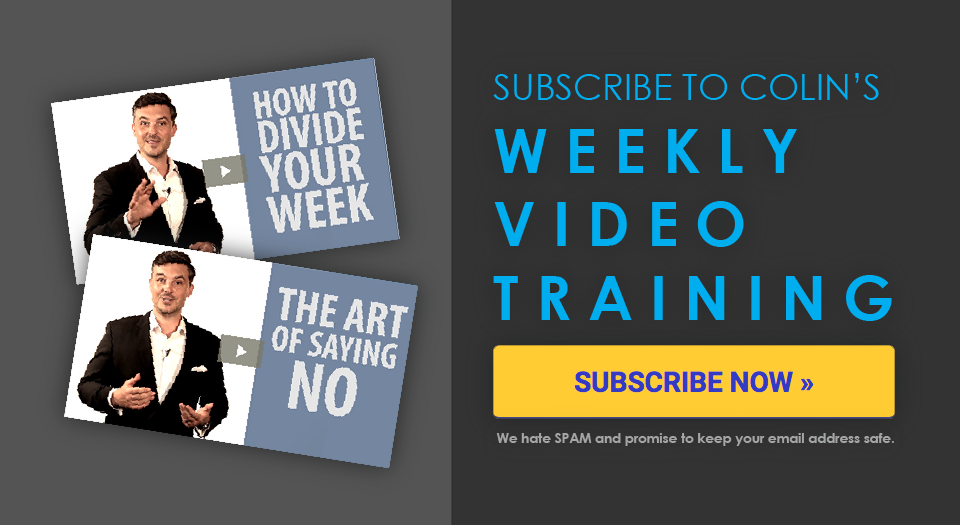The area of emotional intelligence can be a really mystical area for people.
I know, for many of us, we’re taught, obviously, how to read when we’re young. But very few of us were taught how to read our emotions. What they actually mean and how to acknowledge our emotions.
You’re about to discover the 3 choices we have with every emotion.
Today’s conversation revolves around emotions. Specifically, it’s being able to have emotional intelligence. It’s such a hot topic at the moment, the area of emotional intelligence.
You probably experience many different emotions throughout your day right?
It might be frustration, overwhelm or fear. It might be joy, happiness or laughter. You experience different emotions that flow through you. But I’m wondering, are you in touch with your emotions?
Now this is quite a soft topic. What I mean by that is that it’s not a hard skill. It’s more of a soft skill. Personally, from the work that I’ve done in emotional intelligence and running workshops with people, I’ve discovered that sometimes, soft skills are actually the hard skills.
Because the soft skills, a lot of the time, we’re not taught. There’s no ‘tools’ around them.
So what I want to share with you is 3 choices that we have to either acknowledge or not acknowledge our emotions and the impact that this can have.
1. So the first choice we have with our emotions is, first of all, to deny them.
Many people go through life and just completely deny that they’re feeling an emotion. Sometimes, when I’m running an emotional intelligence workshop, you’ll have people who are highly logical and they always just deny that they have feelings. They’re, like, “I don’t have any feelings at all.” We know that this is not true, what they’ve done is they’ve ‘disassociated themselves’ so much from their emotions that they feel basically nothing. That can be a real problem in your personal life but it can also be a problem to your professional life. If you completely deny your emotions, you’re actually disassociating from a lot of energy that you could actually be drawing from. So the first thing that people do is they deny their emotions. They disassociate from them.
2. The second choice you have is to surrender to it.
Now you’ve probably seen people do it in the area of maybe road rage where they just lose the plot, they completely surrender to the emotion. This would be called associating with the emotion. So, you might be overwhelmed and someone asks you, “Hey, do you mind getting a pen for me when you’re up in at the cabinet next?” And you think, “A flipping pen?! What?! How many times do I have to be asked to get a pen?!” You feel like losing the plot, really over nothing. You completely associated with the emotion and you surrendered to it.
3. The third choice is to get insight from your emotion.
That’s where you actually stop and you almost notice what you’re feeling. So rather than feeling overwhelmed all day, you actually stop and think. “What am I feeling right now?” “Is it overwhelm?” Because we might just get completely associated with it and we just do everything — run around like a headless chicken — but overwhelm is trying to tell us something. If we can get insight from it, if we can stop and go, “Hey, I’m feeling overwhelmed. What does this actually mean for me?” then we can take intelligent action.
We can have insight from our emotions. So the key is to stop and to identify or label the emotion you’re experiencing which will enable you to create more intelligent action.
So they’re the three choices that we have from our emotions.
We can deny them, we can surrender to them, or we can get insight from them. As a professional, I really encourage you to get more in touch with your emotions — not in a touchy feely way, but in an insight way — because your emotions are trying to teach you something; they’re trying to guide you. And I think that if you can get insight from your emotions, you can lead a more powerful and productive life.
Please leave a comment below:
What emotion do you experience most in the workplace?
Discover the secrets of the Super Productive.
Join Colin for a free masterclass on productivity.
In this training, you’ll discover:
- How to create a Super Productive Mindset (the exact thinking you must have to produce incredible results)
- The secret to leveraged energy – this is like a Red Bull for your daily productivity
- 3 critical brain rules – and how you can use them to work with your brain, not against it




